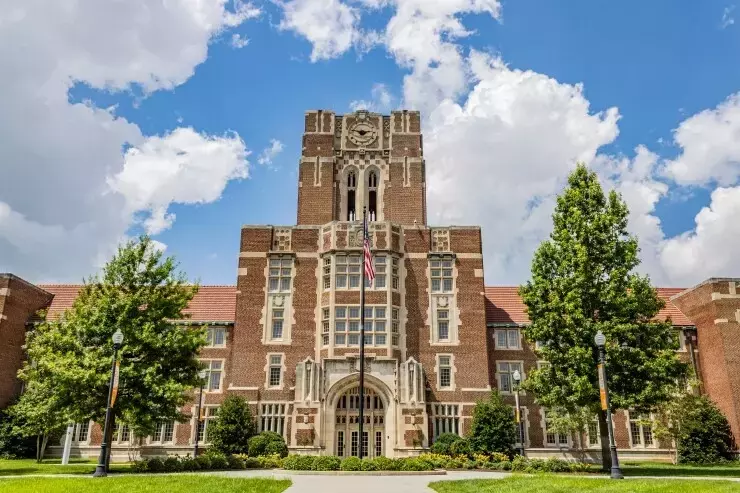
The University of Tennessee is pursuing broader financial flexibility to enhance its infrastructure. The institution aims to secure permission from the Tennessee State School Bond Authority (TSSBA) to issue bonds backed by its general operating budget, rather than relying solely on revenue-generating projects. This shift would allow the university to finance a wider range of initiatives, including academic buildings and other non-revenue-producing facilities.
Currently, the university utilizes bonds primarily for financing residence halls and parking structures. However, David Miller, the Chief Financial Officer and Senior Vice President of the University of Tennessee, explained that the institution has significant unmet needs in academic infrastructure. By obtaining approval to use funds from its operating budget for debt service, the university can address these pressing requirements more effectively. The process involves gaining consent from both the state legislature and the governor, which could extend into the latter half of 2026 before any new bonds are issued.
The proposed changes reflect the university's commitment to advancing its educational environment. With an estimated allocation of up to 3% of its budget dedicated to debt repayment, the university anticipates issuing over $1 billion in bonds. These bonds would be issued through competitive bidding by the TSSBA and are expected to maintain the same high credit ratings as previously issued bonds. Serving five campuses with 62,000 full-time equivalent students, the University of Tennessee's efforts underscore its dedication to providing top-tier educational facilities and fostering a conducive learning atmosphere.
